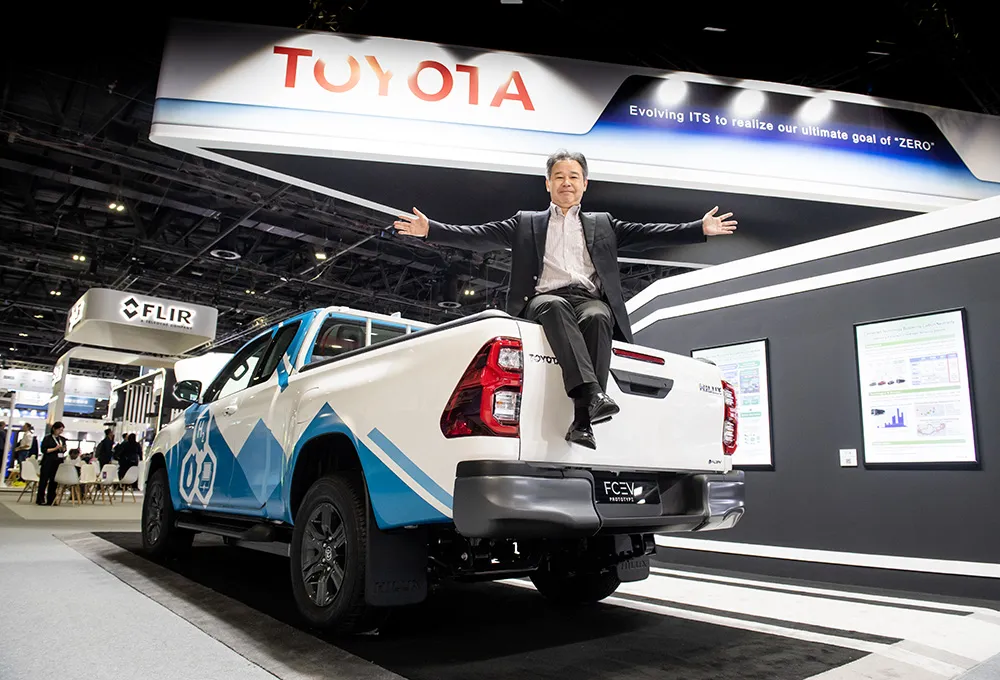The UK government has announced funding for a project that aims to develop a supply chain for the manufacture of hydrogen-enabled drivetrains for large vans and trucks.
The funding, part of the Low Emission Freight and Logistics Trial, funded by the Department for Transport and the government’s innovation agency, Innovate UK, will enable the development of a zero-emission drivetrain, which will be incorporated into a 3.5T van. The 1,000kg payload vehicle will have an approximately 200-mile range, in urb
January 16, 2017
Read time: 2 mins
The UK government has announced funding for a project that aims to develop a supply chain for the manufacture of hydrogen-enabled drivetrains for large vans and trucks.
The funding, part of the Low Emission Freight and Logistics Trial, funded by the1837 Department for Transport and the government’s innovation agency, Innovate UK, will enable the development of a zero-emission drivetrain, which will be incorporated into a 3.5T van. The 1,000kg payload vehicle will have an approximately 200-mile range, in urban use.
The US$0.604 million (£0.5 million) project will be led by hydrogen fuel system integrator, Arcola Energy, who will design a hydrogen-electric hybrid drivetrain, with a hydrogen fuel cell system providing extended range, to 200 miles per day. Project partner Haydale Composite Solutions will develop a 700bar hydrogen tank to suit the emerging refuelling standards and enable the range extension for the vehicle.
Commercial Group, operators of a hydrogen-enabled vehicle fleet in the UK, will trial the vehicle, the first fully zero-emission vehicle in their hydrogen-powered fleet.
The funding, part of the Low Emission Freight and Logistics Trial, funded by the
The US$0.604 million (£0.5 million) project will be led by hydrogen fuel system integrator, Arcola Energy, who will design a hydrogen-electric hybrid drivetrain, with a hydrogen fuel cell system providing extended range, to 200 miles per day. Project partner Haydale Composite Solutions will develop a 700bar hydrogen tank to suit the emerging refuelling standards and enable the range extension for the vehicle.
Commercial Group, operators of a hydrogen-enabled vehicle fleet in the UK, will trial the vehicle, the first fully zero-emission vehicle in their hydrogen-powered fleet.









